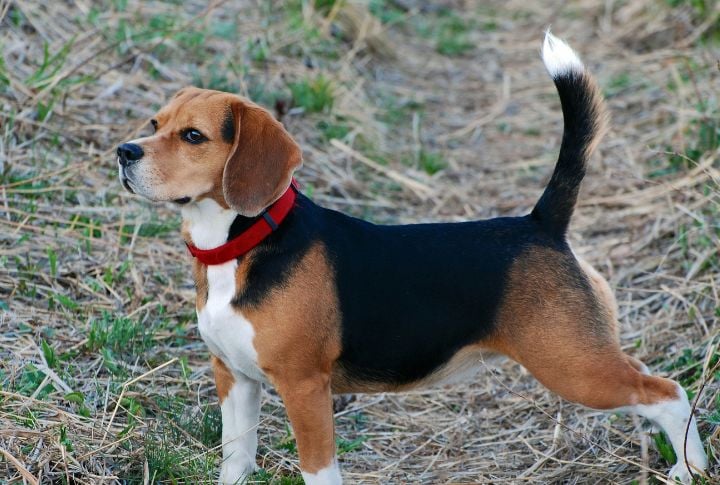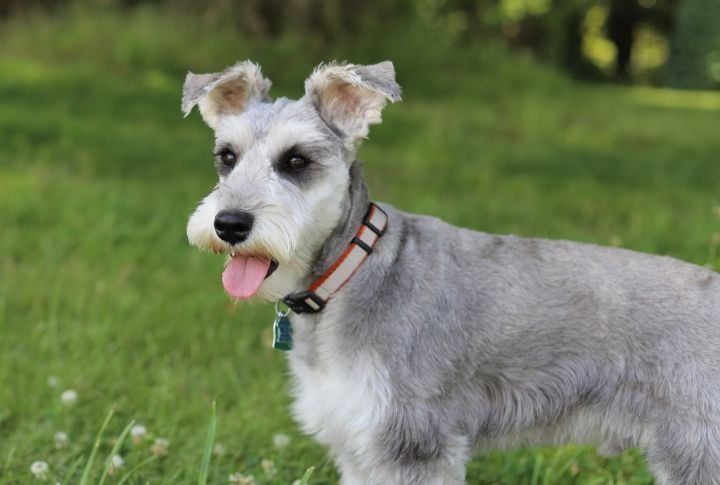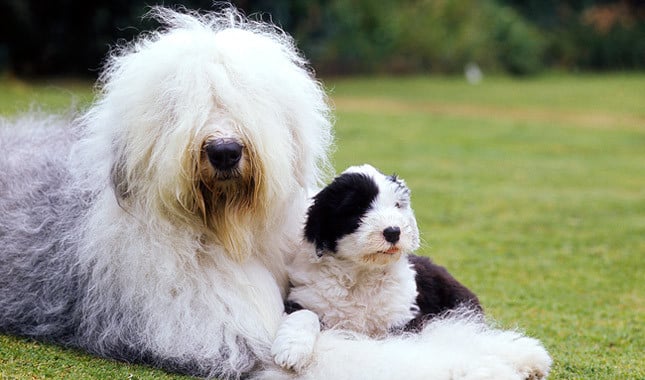15 Dogs Prone To Reactivity Around Other Pets

Ever met a dog who treats every toy and inch of space as personal property? Now, imagine adding another pet to the mix. For some breeds, that’s a bit of a learning curve. They aren’t bad roommates; they just need a little convincing. If you have other pets, these 15 dogs might need some extra social coaching.
Border Collie

Border Collies are incredibly intelligent, but that sharp mind can also lead to reactivity. The instinct to herd can be triggered by sudden movements from other animals, causing them to do this with smaller pets. It is an instinct that requires management through socialization to prevent tension.
Jack Russell Terrier

Jack Russells are small but mighty. Known for their high energy and strong prey drive, these dogs may become reactive when they see animals that are even smaller than themselves. They are quick to bark, chase, and sometimes act aggressively, especially when they feel threatened or overly excited.
Chihuahua

So Notorious for being reactive, they are the representation of the term “small dog complex.” Chihuahuas’ small stature makes them feel vulnerable, leading to aggression toward larger dogs or even other creatures. However, that territorial nature can trigger defensive behaviors if their space is being invaded.
Australian Shepherd

Extremely energetic and intelligent, but that same drive can lead to irritability, especially around other animals. Australian Shepherds are highly protective and can exhibit aggressive tendencies toward others if they sense a threat, whether real or imagined. Socialization with careful introductions can help.
German Shepherd

German Shepherds are recognized for their protective nature and reactivity. Thai behavior can sometimes create issues with other pets. They are naturally territorial and may view others as competition or threats, which can lead to defensive behaviors and potential aggression that you may have to mediate.
Cocker Spaniel

Generally considered a friendly breed, but it can be quick to respond to changes in the environment. Cocker Spaniels’ aggression may arise toward other counterparts, especially when feeling anxious or threatened. Sensitivity to loud noises or sudden movements increases the chances of defensive behavior and overreaction.
Beagle

When a new pet enters the household, Beagles get naturally curious and may show signs of agitation. If they are smaller than them, it often triggers a strong prey drive, which leads to chasing or overly assertive actions. Keeping Beagles calm and in control is key to preventing conflicts with other pets.
Boxer

Boxers are playful and affectionate, but high energy levels can cause them to become overexcited, particularly when interacting with others. Aggression may surface if a smaller animal provokes them or social boundaries aren’t established properly. Training and structure can help maintain harmony.
Bull Terrier

They may show reactive behaviors toward new members of your household if they feel territorial or challenged. Early socialization and regular training are essential to help prevent aggressive behavior. Bull Terriers can be challenging to manage due to their stubbornness and protective nature.
Doberman Pinscher

With a strong guarding instinct, Dobermans are protective dogs. While loyal, they can be reactive to unfamiliar ones or animals in their territory. That high energy and need for control can lead to tension with other pets if boundaries aren’t established by you early on.
Miniature Schnauzer

With heightened alertness and a keen sense of smell, this breed reacts quickly to unfamiliar animals, sometimes barking or even challenging them when feeling threatened. A small dog with a big personality, the Miniature Schnauzer can often become vocal and defensive when it encounters new family members.
Rottweiler

Naturally protective, a Rottweiler’s instinct is to guard its family and territory. In the presence of new animals, tension may rise quickly, resulting in displays of dominance. Their strong guarding instinct can escalate into aggressive behaviors toward unfamiliar animals without proper socialization.
Shih Tzu

The Shih Tzu has a bold, territorial nature that can cause it to act defensively. When confronted with a new presence, this small dog might growl or bark as a display of assertive behavior. Early mitigation of such behavior is essential to prevent unwanted reactions in a multi-pet household.
Pomeranian

Confident and lively, a Pomeranian is not shy about asserting itself, especially in the presence of other pets. As a breed known to have protective instincts, they can resort to loud barking and defensive behavior. It is particularly true if it feels its space or attention is threatened by another.
French Bulldog

When new pets enter the home, this canine may exhibit defensive behavior or show aggression, particularly if the new member encroaches on its space. Often stubborn and independent, the French Bulldog can be quite territorial. Socialization helps manage this breed’s protective instincts toward others.





